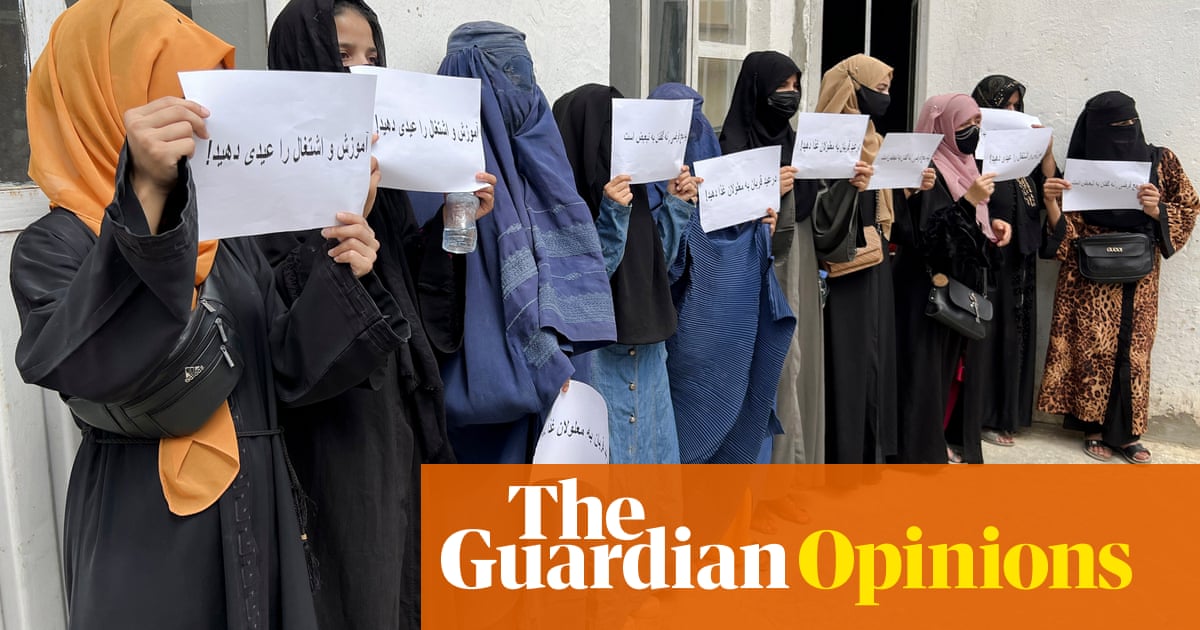
Letter sent to Afghan president comes amid corruption claims linked to new government controls on public-private partnerships
KABUL: The World Bank has threatened to close the taps on $200 million worth of aid to Afghanistan if Kabul fails to share banking sector data.
Afghanistan’s Ministry of Finance on Wednesday said that the World Bank had warned the country’s President Ashraf Ghani that it would halt its assistance if the information was not forthcoming.
In a letter dated Nov. 23, Henry G. Kerali, the World Bank’s country director for Afghanistan, mentioned issues that “remain to be resolved” and “may impact” the bank’s capacity to disburse the full amount of $200 million.
The issues included the World Bank’s inability to obtain banking data from Da Afghanistan Bank (DAB), the country’s central bank.
“The letter has actually been addressed to the president, and copies of it have been sent to relevant offices. The issue will be resolved in the coming week,” finance ministry spokesman, Shamroz Khan Masjidi, told Arab News.
“In the past, we would have shared a number of non-sensitive banking data with the World Bank. Now, a misunderstanding has appeared with the central bank which has not shared it with it (the World Bank) … the issue will be resolved.” The World Bank’s Kabul office declined to comment on whether the letter, a copy of which has been seen by Arab News, was a warning to Ghani. In an equivocal statement issued on Wednesday, the lender said: “No letter from the World Bank to the government of the Islamic Republic of Afghanistan has been released to the public.” Ghani’s spokesman declined comment.
The World Bank’s purported threat comes amid complaints over increasing corruption after the presidential palace in recent months took control of public-private partnerships (PPP) from the Ministry of Finance through amendments to the country’s PPP law.
Reliant on international assistance, Afghanistan is considered one of the most corrupt countries.
Special Inspector General for Afghanistan Reconstruction, the US government’s leading oversight authority on Afghanistan reconstruction, in a letter on Nov. 11 said that the Afghan government “often makes paper reforms, such as drafting regulations or holding meetings, rather than concrete actions that would reduce corruption, such as arresting powerful actors.” Even Ghani’s brother, Hashmat Ghani, spoke against the PPP law move. “Taking away PPP office and authority from the finance ministry has been a mistake. It should be reversed immediately,” he said in a tweet on Thursday.
Torek Farhadi, a former Afghan and International Monetary Fund adviser, said the World Bank’s letter was “not a good signal” for Afghanistan.
“The reason for which it is interrupting the payment is that the president wants to move a number of important state-owned enterprises and the management of PPP to the palace where there is no oversight of the parliament at the palace as opposed to the ministry (Finance Ministry),” he told Arab News.
“So, this is how corruption creeps in, and the international community is worried about what is going on and the World Bank expresses it in a diplomatic language in this letter.” Sediq Ahmad Usmani, a lawmaker from the parliamentary financial affairs committee, said: “The executive power, particularly, the presidency, has created another government of its special circle which deals with appointments and budget’s expenses. All the power lies with the president and without his knowledge they cannot do anything.” “This has been our concern and we have shared it with the donors and have asked them to prevent such wayward acts,” he added.
Ghani’s chief spokesman, Sediq Seddiqi, denied the existence of any “circle” under the president. “These MPs, I am sure they know the whole process and the authority of government officials and the president on budget spending. Budget issues must not be politicized.
“The government sends details of the budget to the parliament in a very transparent way and they have the legal right to oversee the spending. It is an open budget system, there is no circle.”












